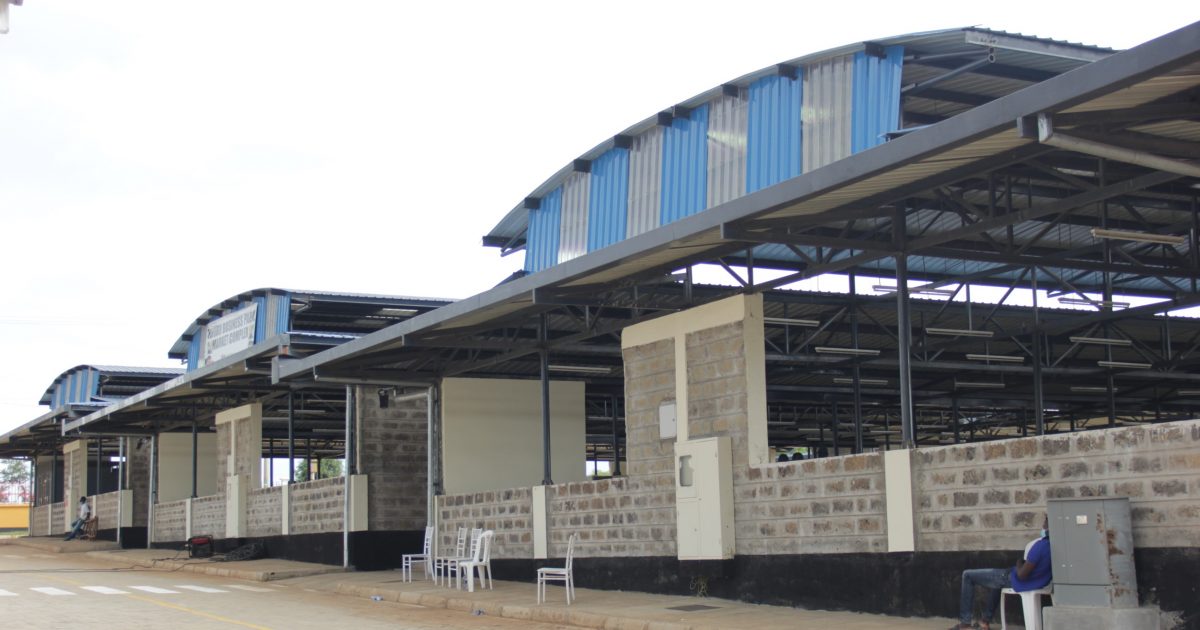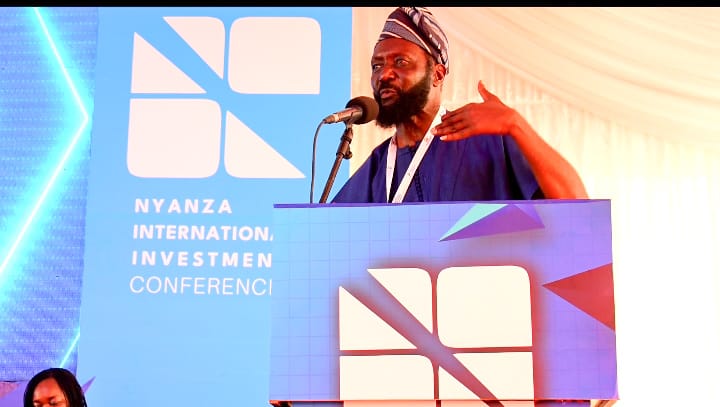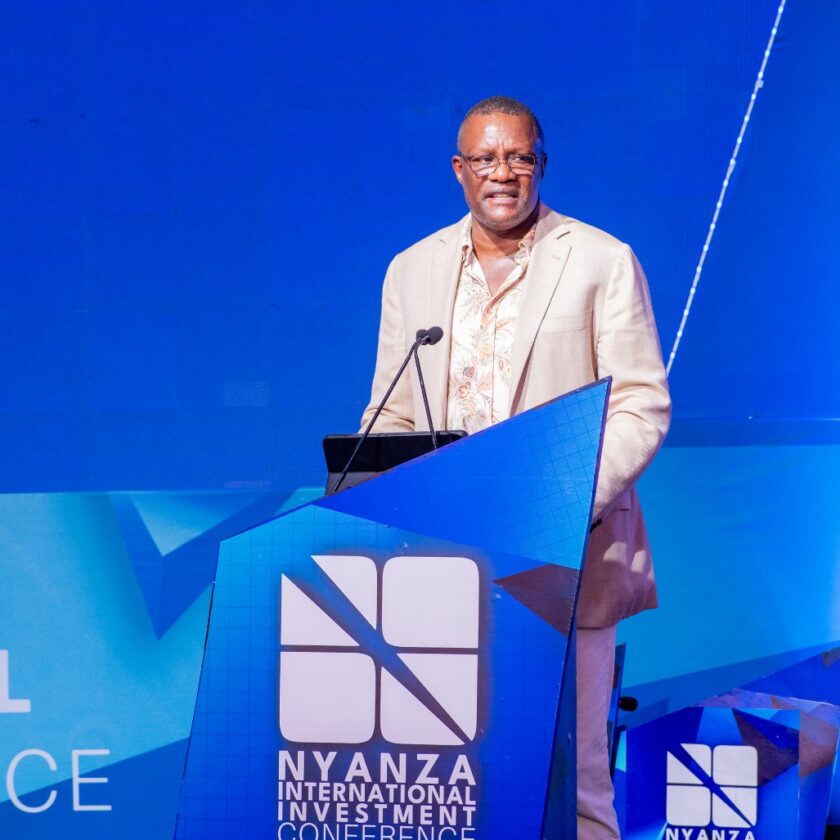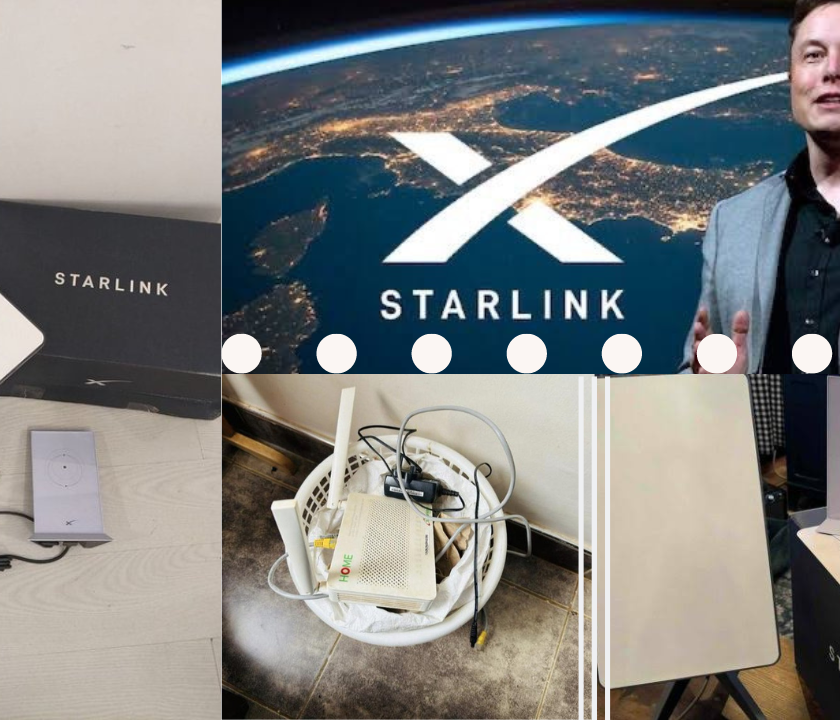In a daring move by Kisumu City’s manager, Abala Wanga, a major overhaul is set for the city’s commercial landscape. Traders from the vibrant hubs of Nyamlori and Garissa Lodge are mandated to relocate to the innovative Uhuru Market Complex by February 15th, 2024. Concurrently, matatu operators serving Kisumu Boys, Kamas, and Biafra are to adopt new routes, as per guidelines from their SACCOs. This initiative is aimed at easing congestion in Kisumu’s main bus park and enhancing the overall flow of city traffic.
Despite its visionary intent, Wanga’s plan has sparked controversy. The Kisumu Business Community has voiced strong opposition, citing a lack of adequate engagement in the planning process. Their grievances highlight a call for more democratic decision-making and appeal for active involvement from the governor’s office.
Simultaneously, traders allocated space in the Uhuru Market Complex face a pressing deadline to establish their businesses in this new locale. This move is a critical element of Kisumu’s extensive urban rejuvenation project, emphasizing the city’s commitment to a comprehensive transformation.
The relocation effort, a brainchild of Wanga, is more than a mere shuffle of commercial entities. It represents a profound shift towards decluttering key areas and optimizing city functions to elevate Kisumu’s living standards. This strategy extends beyond the relocation of traders and matatu routes; it encompasses a holistic approach to tackling urban challenges such as traffic congestion, waste management inefficiencies, and poor use of space. Central to this is the development of a new bus park in Nyamasaria Molem, valued at Sh100 million, which, along with new bus routes, is expected to significantly mitigate traffic and urban disorder.
However, this ambitious venture has faced its hurdles. Dissent has been brewing among the business community, manifesting in protests and vocal concerns about the impact on their enterprises. This unrest is reflective of broader difficulties faced in urban development projects across Kenya, where modernization efforts often confront hurdles like delayed completions and transparency issues in space allocation.
In the context of Kisumu, the Uhuru Business Park Market, a substantial Sh600 million project, has also experienced its set of challenges. Struggling to attract traders and customers, the market faces obstacles due to its location and perceived unfairness in stall distribution. These challenges are indicative of the complex nature of urban redevelopment in growing cities, highlighting the need for a balanced approach that considers both the push for modernization and the existing community’s needs and concerns.
Nevertheless, despite the challenges, significant development projects that have been witnessed in Kisumu City since Governor Anyan’g Nyongo took over office in 2017 have changed the face of the city and made it more attractive to business.
Kisumu City News




